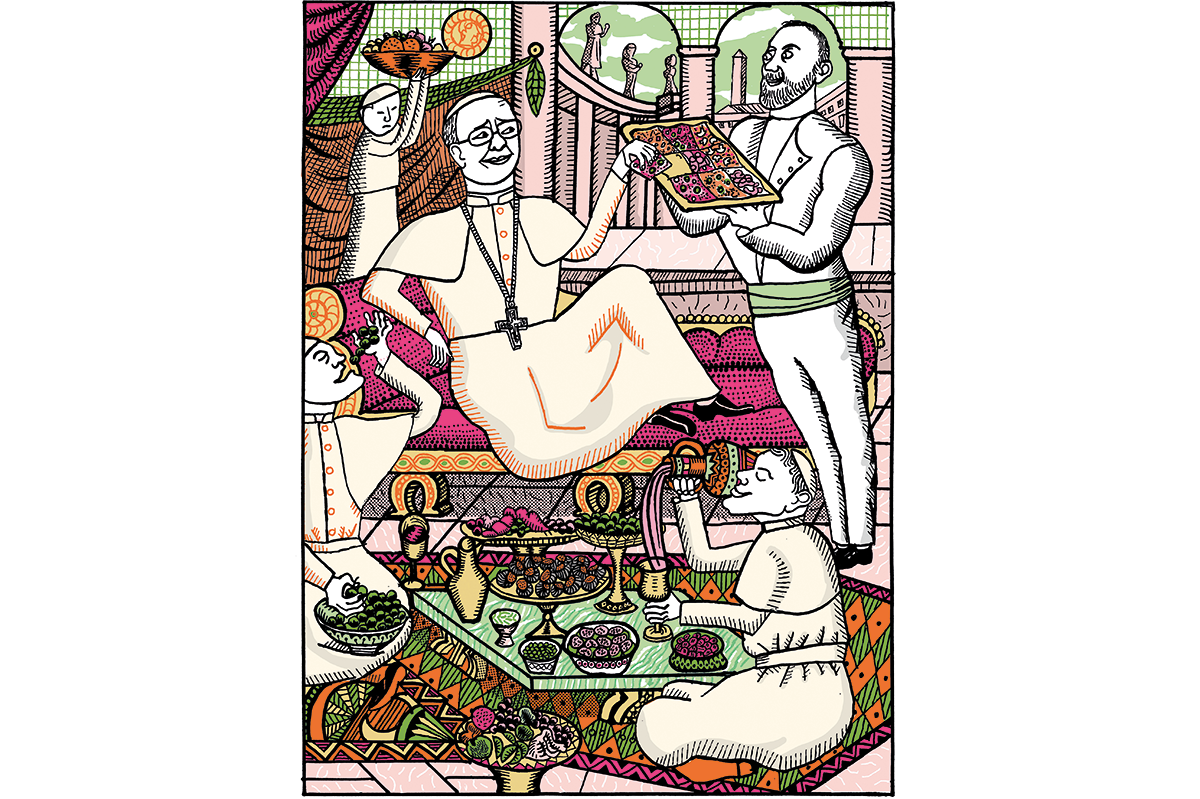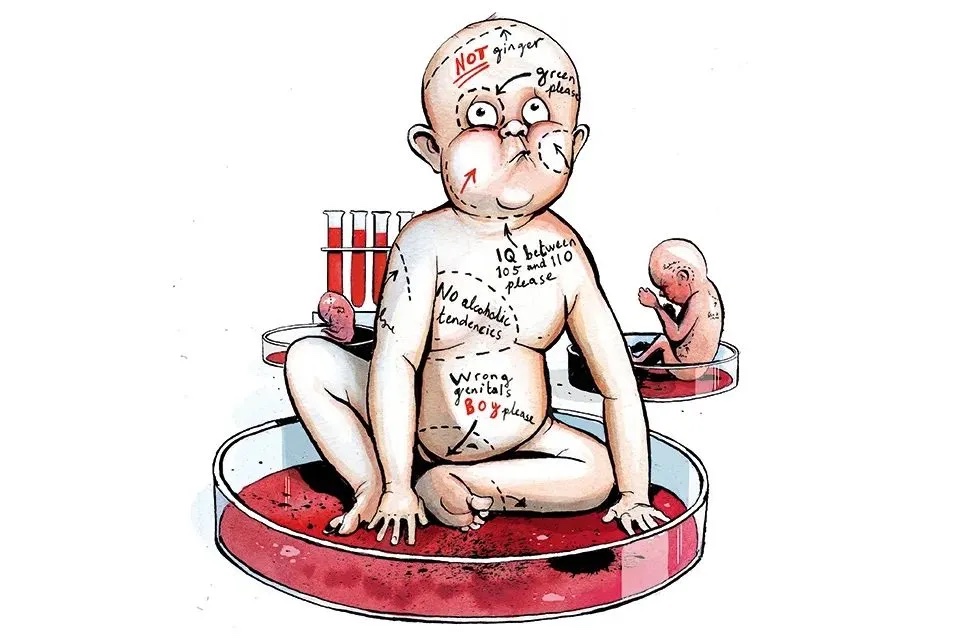Dante’s Beach, Ravenna
Here is your starter for 10. Which Italian political party believes that individual liberty is sacred? Answer: the party invariably defined by the international media as ‘far right’ or ‘fascist’ and jointly Italy’s most popular party in the opinion polls: in other words, the Fratelli d’Italia (Brothers of Italy).
Here in Italy, birthplace of fascism, the 44-year-old leader of the right wing Fratelli d’Italia — Giorgia Meloni — has been busy promoting distinctly anti-fascist values. In defense of human liberty, she has spoken out passionately against the decree issued on July 22 by Italian premier Mario Draghi which will introduce the ‘Green Pass’ to Italy. As of this Friday all Italians over the age of 12 will be banned from most enclosed public spaces and many open-air ones as well, unless they are equipped with this digital pass that proves they have had at least one COVID vaccine.
The Green Pass will be valid for nine months after full vaccination. In the case of a two-shot vaccination, it will be valid until the second shot. Italians will also be able to escape the ban for six months if they have had COVID and lived to tell the tale, or for 48 hours after a negative COVID test.
Meloni is incandescent. ‘The idea of having to use this Green Pass to be able to participate in communal life is chilling, and the ultimate step towards the realization of an Orwellian society,’ she tweeted when Draghi, the ex-boss of the European Central Bank, announced the news. ‘It is an unconstitutional act of madness that Fratelli d’Italia rejects outright, for us individual liberty is sacred and inviolable.’
She has also described the Green Pass as ‘economic suicide’ and Draghi’s dire warning that ‘every call not to vaccinate is a call to die’ as terror-mongering.
Last Thursday, her party’s MPs staged a noisy protest, with placards but also masks, on the floor of the Italian Chamber of Deputies, causing the suspension of the proceedings for an hour. They were protesting the Draghi government’s refusal to allow a vote by secret ballot on their motion declaring the decree unconstitutional on the grounds that it is discriminatory – which it is. They lost the vote.
That Meloni should defend to the hilt individual liberty is bizarre given that her party emerged out of the ashes of Italy’s post-war fascist party. But it is not the writings of Benito Mussolini, the journalist and revolutionary socialist who founded fascism, that inspire Meloni today, but those of the late British conservative philosopher Sir Roger Scruton.
Meloni is president of the Conservatives and Reformists group in the European Parliament. In a eulogy to Scruton in the Milan daily Il Giornale last January she wrote: ‘As president of the ECR Party, the party of European conservatives, it is my intention to promote the figure of Sir Roger Scruton as one of the pillars of European conservatism, above all among the young.’
Any day now, Draghi — who by the way is Italy’s sixth non-elected premier in a row since the last elected one, Silvio Berlusconi, resigned in 2011 — is expected to extend the ban on unvaccinated Italians and deprive them as well of the right to travel by train, plane, ship or metro — though not by bus, as buses are deemed impossible to police.
Although Draghi has not yet mentioned banning un-vaccinated Italians from working that is the effect of his decree on managers and staff in targeted activities, notably the hospitality sector. Since April vaccination has been obligatory for healthcare staff anyway though large numbers are refusing to vaccinate and if Italy’s new wave of largely Delta variant cases takes off exponentially (currently only about 6,000 new cases a day and far less than in France and Britain) vaccination is sure to become mandatory for teachers as well from the start of the new school year in September. Lawyers must be rubbing their hands with glee at the prospect of all the litigation that is bound to arise from such a severe assault on human rights, privacy and employment law.
In Italy, 63.5 percent of the total population have had at least one dose of the vaccine according to WHO figures — compared to 61.8 percent in France and 68.9 percent in Britain. I calculate that 69 percent of the Italian population over the age of 12 have had at least one dose. That leaves one hell of a lot of Italians who will be banned from communal life from this Friday — just over 17 million — most of them teenagers and young adults who are unlikely to get seriously ill from COVID if they are not vaccinated.
Yet this draconian curtailment of individual liberty has been met with little public protest in Italy. In France, tens of thousands have taken to the streets to protest against Macron’s similar discriminatory bans of the unvaccinated. But in Italy, only the odd thousand here and there have protested against Draghi’s Green Pass.
This is strange given that Meloni’s Fratelli d’Italia is the most popular party in Italy along with La Lega (the League) — the other Italian political party invariably defined by the international media as ‘far right’. Fratelli d’Italia won just 4 percent of the vote at the last general election in 2018 but is now polling around 20 percent, as is La Lega. This means that if, as in the past, they stand together with Berlusconi’s Forza Italia, a much diminished force these days polling at 8 percent, they are almost certain to form the next government at the next general election which must take place by June 2023.
Their rivals, the left-wing Partito Democratico (Democratic party) are polling at 19 per cent and the alt-left Cinque Stelle (Five Star) at only 16 percent.
Like Meloni, the leader of La Lega, Matteo Salvini, opposes the Green Pass, though because he joined Draghi’s government of national unity he is unable to be as critical of the proposals. Neither Meloni nor Salvini is an anti-vaxxer or believer in related conspiracy theories — both have now had one dose of the vaccine. But both vehemently oppose compulsory vaccination.
One explanation for the muted protests in Italy is that between two thirds and three quarters of Italians are in favor of the Green Pass — according to polls — as are a majority of both Fratelli d’Italia and La Lega supporters. Yet a clear, albeit not so large, majority support vaccine passes in France — and that has not stopped mass protests against them there.
It has to be, I am sure, the Italian mindset. Italy was fascist for two decades and Mussolini was very popular with Italians until his fatal alliance with Hitler. And even as a democracy Italy has not exactly been a haven for individual liberty since the fall of the fascism in 1945. Whereas in Britain you are — or were, before continental contamination via the EU — free to do whatever you want unless there is a law stopping you, in Italy and other countries with a law based on the Napoleonic code, you are not free to do anything unless the state has given you permission.
The most obvious signs of a liberty deficit in Italy are compulsory identity cards, court cases that take years to conclude inconclusively, and many different types of police, who — armed to the teeth — have the power to set up road blocks for random controls and do. All the time.
The Italian mindset is well tuned in to, and indeed approves of, such things as this ban on the unvaccinated. Such a herd mentality is manna from heaven for dictators but a mortal threat to liberty.
As Meloni wrote in that same Giornale article:
‘In my opinion the greatest cultural inheritance which Scruton has given us is his extraordinary ability to describe and explain the profound reasons for his love of both the small and the big, that according to him are both worth conserving. In his thought, the protection of the traditions of small communities and the struggle for the highest social and political conquests, such as the liberty of people subjugated by the yoke of the Soviet Union, were of equal importance. He explained to us that conservatism is born from the conviction that it is easy to destroy good things but it is not easy to create them.’
How remarkable, then, that such a quintessential conservative Englishman as Sir Roger Scruton should have been so powerful a cleansing influence on Italy’s post-fascists and inspired their young leader — who could well become Italy’s next premier — to transform their small, big state, big brother post-fascist party into a vote-winning patriotic, conservative party founded on the sacred principle of individual liberty.
This article was originally published on The Spectator’s UK website.

























